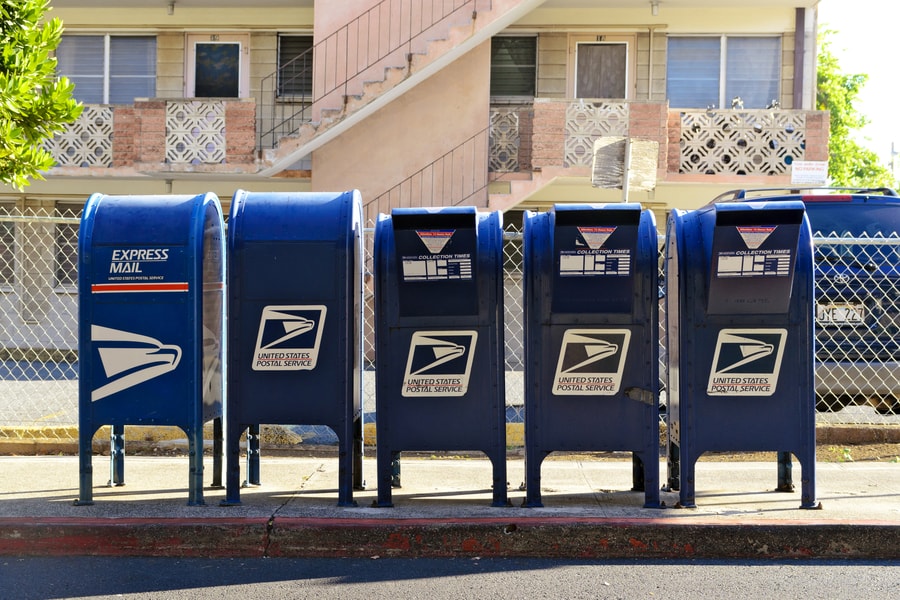How Do I Remove Myself From a Charity Mailing List?
There are many ways that you can reduce or eliminate the amount of mail and phone calls you receive from charities. However, one of the best ways to do this is to remove your name from any charity mail lists you have given them access to.
(Looking for “insurance company direct mail outsourcing“? Contact us today!)

- Make a list of all the charities you get mail from and then write to them directly asking to be removed from their mailing lists or excluded from any list they share with other organizations. Enclose with your letter the return label or tear-off contribution form they sent you and include a note indicating that you want to be removed from their lists.
- Use an online tool that the Direct Marketing Association (DMA) offers to help consumers manage the type of direct mail they receive and how much.
The DMAchoice website lets you customize your mail preferences and opt out of entire categories of direct mail, including ads, catalogs and charity mail. Once you register with DMAchoice, your mail preferences will be saved for 10 years and be available to you if you need to manage them in the future.
- Check the charity’s privacy policies before you donate to make sure it will not sell or share your personal information with other organizations.
The charity’s policies can be found on its website or by using the website of a service that evaluates charities, such as Charity Navigator.
- Donate to charities that have a strong donor privacy policy, which requires you to agree to be removed from any mailing lists and to not be shared with other organizations.
A strong donor privacy policy is not a legal requirement, but it’s important to protect your personal information and to ensure that charities respect your rights when they use it. Miniutti said that many charities don’t have one, and she recommends reading their policies before donating.
- Donate anonymously to charities that do not need your information, such as those that provide places of worship or charitable services for a particular religion.
You may also consider donating to a charity that is not incorporated and operates under a trust or constitution. These organizations typically do not need your personal details to operate, but they have to explain their purposes and structures in a written document.
- Donate to charities that are registered as tax-exempt organizations with the IRS, which means that they can claim tax deductions for your donations.
Some charities do not qualify as tax-exempt organizations and are therefore not allowed to collect deductible donations. If you’re not sure if the charity you want to donate to is a tax-exempt organization, look up its status on the IRS website. If it is not, you can always contact the IRS and ask for a refund.


